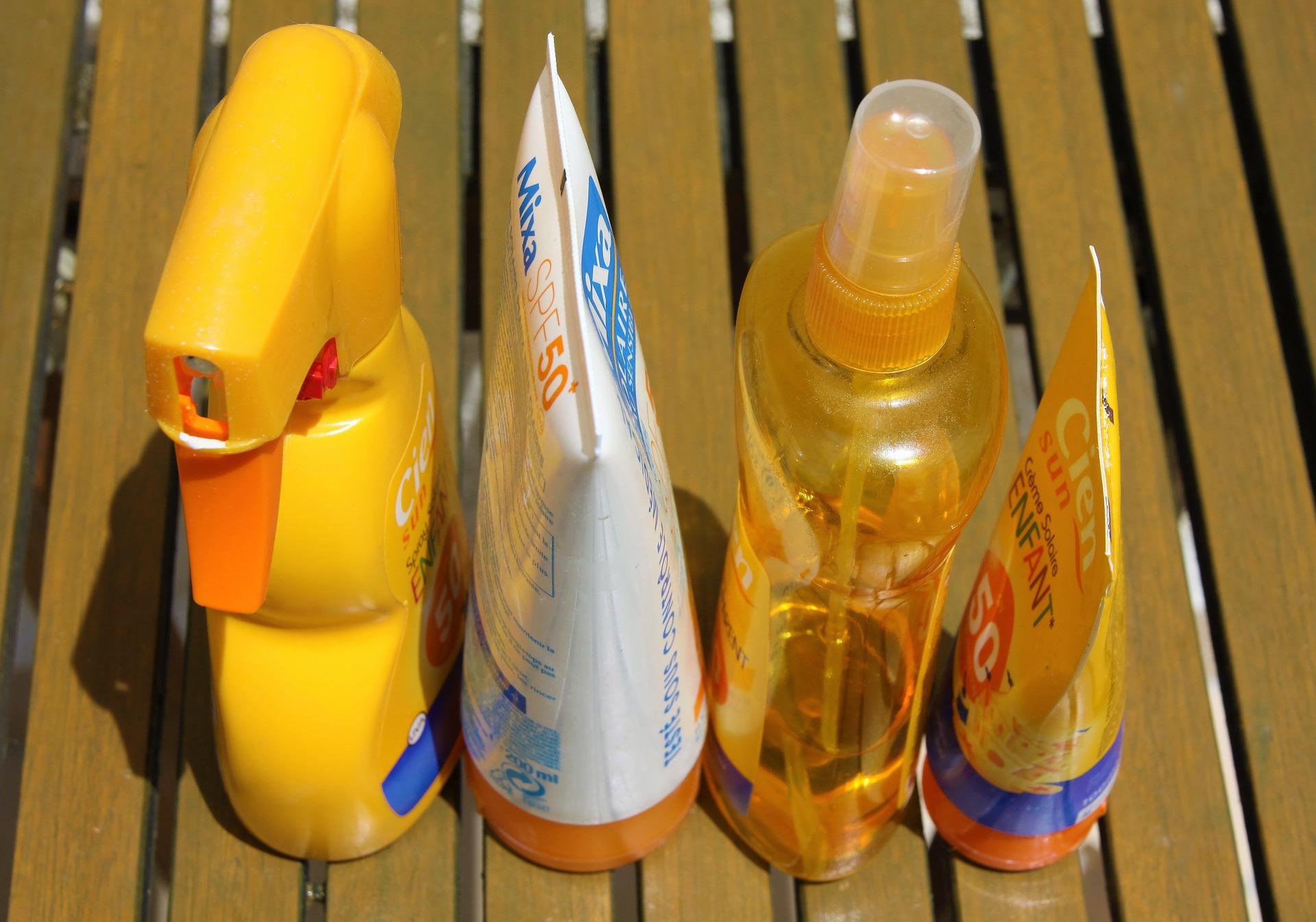If I asked a group of people if they have ever experienced a sunburn, chances are that a majority of the group would say that they have experienced a sunburn. This is not uncommon either, as most people will get a sunburn in their lifetime.
If I asked this same group of people to explain how they choose their sunscreens, it would not be surprising to hear that they may choose based on a sunscreen’s SPF. While that is one factor to consider, many people may not realize that two completely different types of sunscreen exist. Keep reading to find out how you can choose the best sunscreen.
What is SPF?
When deciding on what sunscreen to use, most people currently compare what the SPF is, compared to its competitors. But, do they know exactly what SPF is? SPF stands for Sun Protector Factor, and it determines how well a sunscreen will protect a person’s skin from the UVB rays that come from the sun. The UVB rays, as opposed to the sunlight itself, are what can cause damage to the skin, and contribute to sunburns and sun damage.
Because of this, many people who are purchasing sunscreen will base their decision on the level SPF, without considering other factors. For instance, many people may not know that there are two different types of sunscreen: chemical sunscreen and physical sunscreen. Let’s take a closer look at chemical sunscreens and physical sunscreens, and what I would recommend the next time you are spending time in the sun.
Types of Sunscreen
Chemical sunscreens

Chemical sunscreens are created through carbon-based compounds and works by allowing the skin to absorb UV rays before changing the rays into heat and releasing back out the skin. Because of the process that chemical sunscreens use, they are often referred to as absorbers. The sunscreen is able to alter the chemical makeup of UV rays so that they do not harm the skin.
Chemical sunscreens tend to have a much thinner consistency than physical sunscreens. Although the sunscreen has a thin consistency, they typically provide adequate protection and do not wash off easily from water or sweat. Because of its ability to provide protection after getting wet, these sunscreens have become popular to use before going into the ocean or swimming pool.
Physical sunscreens
Physical sunscreens, on the other hand, use a much different approach. Made up of active minerals like zinc oxide, physical sunscreens work by actively reflecting the UV rays away from the skin. Essentially, the sunscreen acts as another protective layer on the body and deflect the UV rays from harming one’s skin.
Physical sunscreens have a much thicker consistency than chemical sunscreens. This type of sunscreen is most effective when it is directly blocking the UV rays. For example, a person who is laying in the sun and is not doing any physical activity would benefit the most from a physical sunscreen.
Which sunscreen is best?
Many people may wonder what type of sunscreen is more effective, but it is largely dependent on the type of skin they have and if they are going to be getting wet. When deciding on what sunscreen you should be using, there are a couple factors to consider:
If you have sensitive skin at all, the chemicals from chemical sunscreens can cause itching and irritation, and can become severe, depending on how sensitive your skin is. In this instance, the physical sunscreen will be better.
Another factor to be considered is the level of activity that you will be doing. For example, if you are planning on going for a run, the chemical sunscreen will remain effective once it encounters moisture. Physical sunscreens do not hold up as well with moisture.
To add to your options, physical and chemical sunscreens can be contain organic ingredients. For more information, be sure to check out our blog post on Organic Sunscreens.
Choosing the right sunscreen for you
Both chemical and physical sunscreens have advantages and disadvantages, so it is important to examine the different varieties the next time you are shopping. One sunscreen will generally be more effective than the other in different scenarios, so it is important to purchase the sunscreen with your activities you have planned in mind.
If you have questions, we’re here to help!




